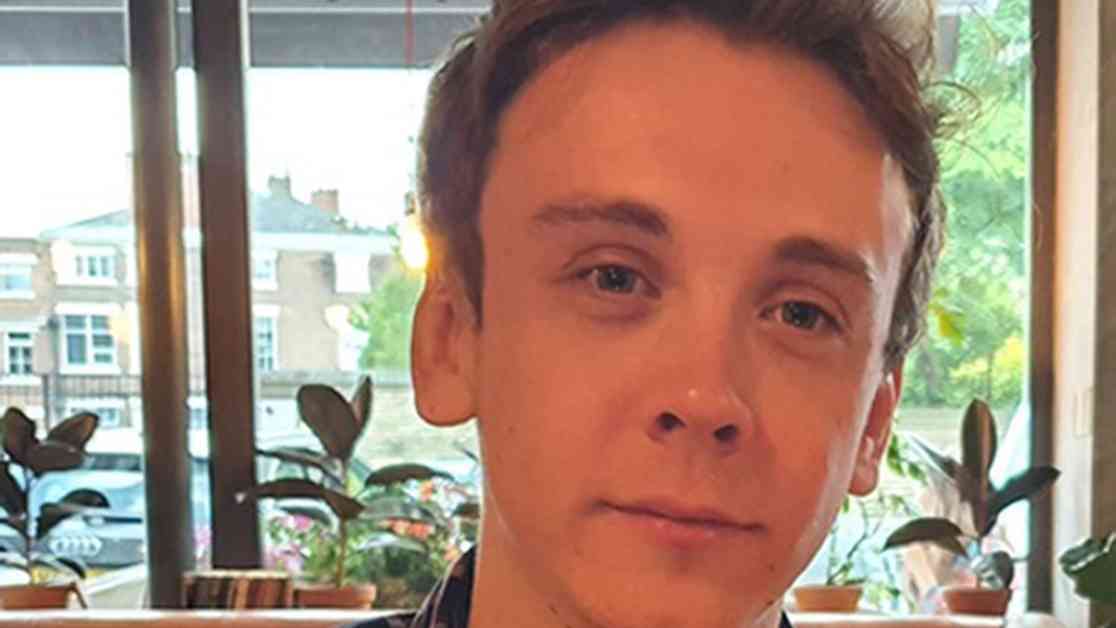Michael Callaghan, a young man who lost his best friend to a paranoid schizophrenic attacker, is expressing his frustration over the lack of lessons learned following the tragic Nottingham attacks that claimed three lives. The failures in both cases, including the attack in Birmingham where Callaghan was permanently disabled, were due to known dangerous individuals with serious mental health issues being left unsupervised and free to harm others.
Four years after the attack that left him disabled, Callaghan continues to struggle with the physical and emotional consequences of the incident. His experience of being stabbed in the neck, suffering a stroke, and being left with a paralyzed arm and leg has significantly impacted his daily life. The scars, both physical and emotional, serve as a constant reminder of the attack that changed everything for him.
In response to the recent report on the management failings in the Nottingham attack, Callaghan questions why obvious and preventable mistakes continue to occur in the system. He highlights the lack of accountability for those responsible for allowing known dangerous individuals to be unsupervised and untreated, leading to tragic consequences. The failure to address these issues and learn from past mistakes is a source of frustration and disbelief for Callaghan, who questions how such oversights can still happen.
The mother of Jacob Billington, another victim of a similar attack, echoes Callaghan’s concerns and emphasizes the urgent need for a comprehensive public inquiry into the systemic failures that enable dangerous individuals to harm others. She criticizes the underfunded and poorly managed mental health services that result in tragic deaths becoming mere statistics in a broken system.
The devastating impact of these attacks goes beyond the physical injuries and loss of life; it reveals a larger issue of inadequacies in the mental health care system that put the public at risk. The calls for accountability, reform, and increased funding for mental health services are essential to prevent further tragedies and ensure that individuals with serious mental health issues receive the care and supervision they need to protect themselves and others. It is imperative that lessons are learned from these heartbreaking incidents to prevent similar occurrences in the future and uphold the safety and well-being of the community.












